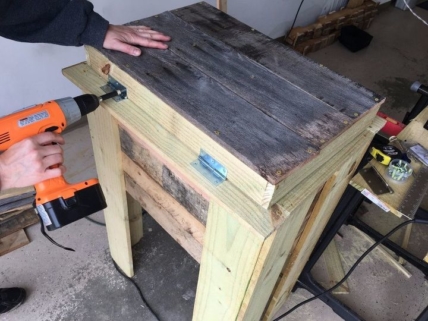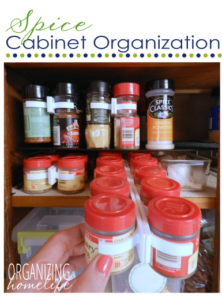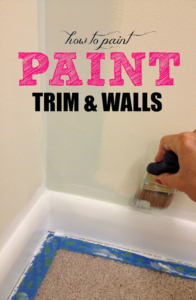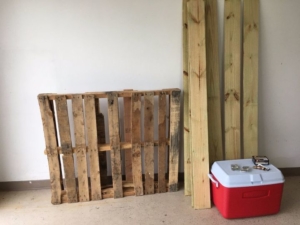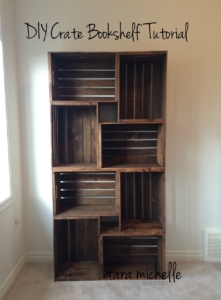Stock Up & Save on Your Home Goods
Just a head’s up! This post contains referral codes/links. All the services mentioned below are free to join and signing up via these links may result in an additional sign-up bonus for you. Use of the referral may also award the author of this blog for sharing this code. Author’s note: Thank you!
Whether you purchased a new home or decided to restyle your current home, there’s a deal to be had if you know where to look! Here are the best ways to save money on your home renovations and furnishings!
Rakuten (Formerly Ebates)
Available online and app store
Special Offer: Receive $10 reward from Rakuten when signing up by clicking here. See site for details.
Online and in-store shoppers alike can find great savings with Rakuten. Connect your card of choice, choose your retailers, and shop — while earning up to 10% cash back! Rakuten offers deals on everything you need for your dream home from places like Macy’s, Kohl’s, Pier 1 Imports, Best Buy, Ace Hardware, and Lowe’s. The deals don’t just apply to home goods, though! Rakuten can help you save on everything from travel to pet supplies to clothing and more!
Pro Tip: If you choose to sign up via the app, make sure to also visit the website to select stores for in-store credit. Visiting the website is the only way to do this and can increase the amount of cash you receive back. Also, for those who do a lot of online shopping, Rakuten offers a browser extension (also only available on the website) that can alert you whenever you’re visiting a qualifying merchant’s site and can provide discounts, free gift or free shipping offers!
Ibotta
Available online and app store
Special Offer: Use this referral link or code aaswtw to sign up today
Ibotta is a cashback service that helps you save money on the things you shop for every day. Ibotta saves you money on items at grocery and convenience stores, pharmacies, as well as helping you save on home goods and electronics from places like Target, Home Depot, Lowes, and many more. Simply shop as you normally would, use the app to select the retailers you have visited and the items you have purchased, take a picture of your receipt, and receive money back. You can maximize Ibotta by viewing the products and brands offered before you purchase and shop the products that offer the best value. Sign up for Ibotta by clicking here.
Fetch Rewards
Available in app stores
Special Offer: Use Referral code XF6WC to receive an additional 2000 points with your first qualifying scan. See Fetch Rewards for details.
Fetch is a grocery-specific rewards program that helps to save you money on the groceries you buy normally. This app is one of the easiest to use as there is no need to select a retailer or search through products. Simply take a photo of your receipt and Fetch Rewards will scan your receipt to find your qualifying purchases and add credit to your account. Credit can then be redeemed for gift cards to a variety of retailers.
Receipt Hog
Available in app stores
Special Offers: None
Receipt Hog is one of the slower-earning cashback apps, but ease of use, and a fun little rewards game, make this one worth downloading. Simply scan your receipt and earn points. The amount/value of the points is low compared to other reward apps listed above, but Receipt Hog does offer a bonus game to earn extra credits when you upload a certain number of receipts. More information is visible via the app, but you can check out Receipt Hog online to find the app download link.
Whether you’re planning to stock the fridge and pantry or completely revamp your new home with electronics and decor, these are the best apps available to help you save money while you buy the things you need.
Know of any other great cashback apps or money saving tricks? Let us know in the comments below!








